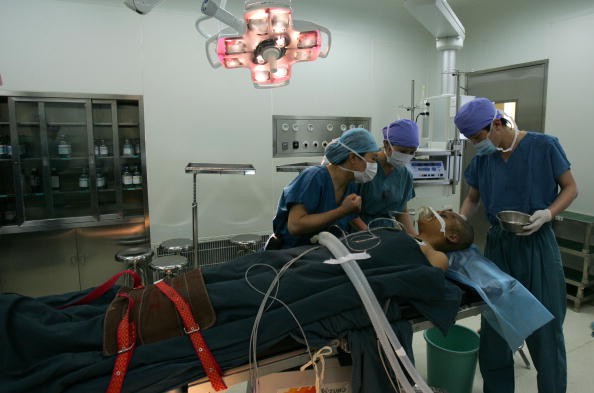In a recent event held in Beijing, delegates of the 2016 China International Organ Donation Conference concluded that there are not enough organ donors in the country.
A patient by the name of Liu Ning waited for a year for her liver transplant. She said, "Every day I was racing with time. I did not know whether death or a new liver would come to me first."
"Hope is a terrible thing as it makes you endure endless waiting. I was tired of asking doctors whether I could get a new liver and was ready to quit," she added.
As of Monday, savelife.org.cn reported that about 110,000 Chinese citizens have registered themselves as organ donors. Savelife.org.cn is an organ donation registration platform under the National Health and Family Planning Commission (NHFPC).
The Chinese government has banned the illegal trade of organs since 2011. Since then, the Communist Party has been encouraging registration of organ donors.
Organ donation has been regarded as taboo by much traditional Chinese and does not agree with organ donations as respect to their ancestors.
However, many young people, especially the younger generation, have become organ donors because of the growing awareness on the issue, according to Zhu Jiye, director of the Organ Transplantation Center of Peking University.
Zhu said, "Organ donation needs wider dissemination as in most cases, it relies on coordinators, who find possible organ sources and persuade them and their families to donate."
There is also the problem with the lack of storage facilities, according to Chen Jingyu, deputy head of Wuxi People's Hospital in East China's Jiangsu Province. He said that many donated organs ultimately go to waste due to poor storage.



























